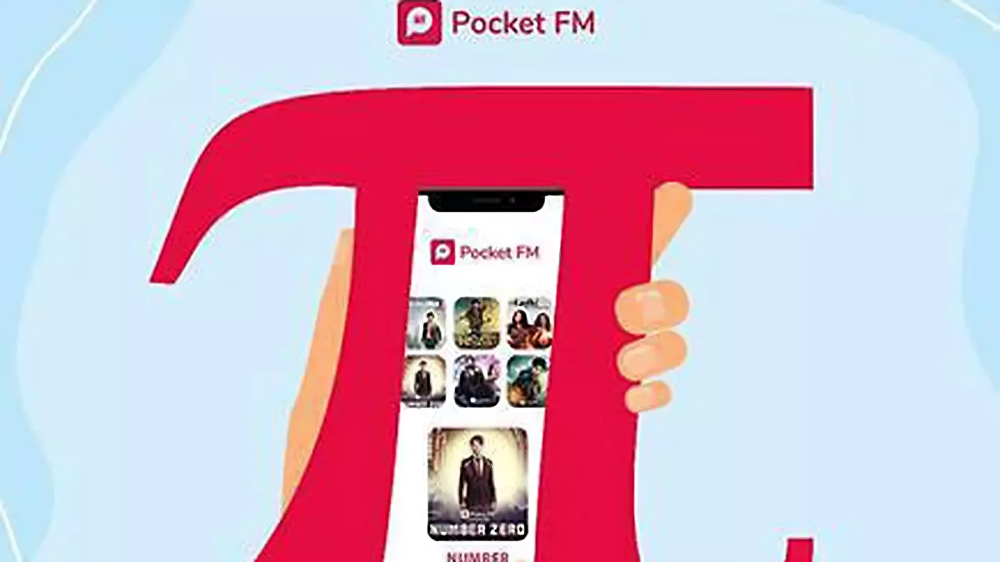Pocket FM, an audio platform located in India, offers over 200,000 hours of programming
Rohan Nayak, the company’s CEO, thinks there is still an opportunity for the platform to develop in producing original content and broadening its library to include other genres and subgenres. The quickest approach is using AI tools to assist with audio production, writing tactics, and adapting those stories for various geographies.

“I believe our users are not getting enough stuff from our portfolio. We lack a wide variety of genres and subgenres in our library. In an interview with TechCrunch, Nayak stated, “I don’t think we have a depth of content that is in the mature entertainment category.”
The business and ElevenLabs already have a great working relationship for turning books into audio programs. Compared to a professionally produced audio series, this has led to a five-fold faster production time and a thirty-fold reduced cost.
“We have previously examined the performance of these AI modifications in many marketplaces, and the findings are positive. “We believe the technology is good enough to use in show production, but we are still fine-tuning our models for errors,” Nayak stated.
Pocket FM is experimenting with an AI tool that supports story uptake in various geographical areas. When converting stories from one region to another, the company claimed to have trained in-house models that manage cultural nuances rather than just translation.
He continued that it is challenging to solve the models’ hallucinations in the context of storylines that span hundreds of episodes. According to Pocket FM, addressing the open-source models’ constrained context windows and creating maps of the relationships between various plot elements was necessary to preserve character consistency.
An additional writing tool The company that is testing serves as their creative assistant, offering suggestions for themes or alternative tales. To tell writers what works on the platform, the business also intends to include specific insights from its past data into the tool.
Although this tool is still in its infancy, Nayak stated that the corporation aims to grant a writer’s room to a lone author who might produce an episode daily. He pointed out that the main idea behind this writing assistant is that the writer’s space allows you to brainstorm without removing creative control.
The business is also spending money to develop a blockbuster engine using platform data to determine which shows are growing popular.
Given that it is developing shows through its network of writers and producing some programming, Pocket FM’s ultimate objective is to scale its catalog. However, it must produce successful shows to grow and gain popularity.
“Blockbusters drive any content platform. Identifying blockbusters remains challenging, even with user-generated content at the top of the funnel.
The use of AI by Pocket FM has produced positive outcomes. With AI assisting with voice generation, the platform features over 40,000 episodes. Additionally, the business has made $3 million from them. In fiscal year 2024, the platform had a total revenue of $127 million.
Finding the ideal balance between using AI to assist creatives and producing content rapidly is the company’s most challenging task. The use of AI to expedite content creation at the expense of quality is always a possibility. Because of this, the platform is overflowing with subpar material, making it difficult for algorithms to identify and promote quality shows.
Puneet Sharma, a writer and lyricist from India, noted that artists must demonstrate their originality in a world where much work is repetitive.
Sharma continued that AI tools can assist writers in developing concepts and learning various approaches. However, this implies that learning from failure may be missed while utilizing these technologies.
According to Nayak, some creatives and authors already use AI tools. The company aims to offer tools contextualized with the platform and tales.
ThroughFM has raised $197 million through several fundraising round stickers, such as Lightspeed Ventures, Tencent, and Times Internet. The business faces competition from other content providers on several levels, including Audible, Pratilipi, which is Omidyar Network, and Kuku FM, which Google backs.
